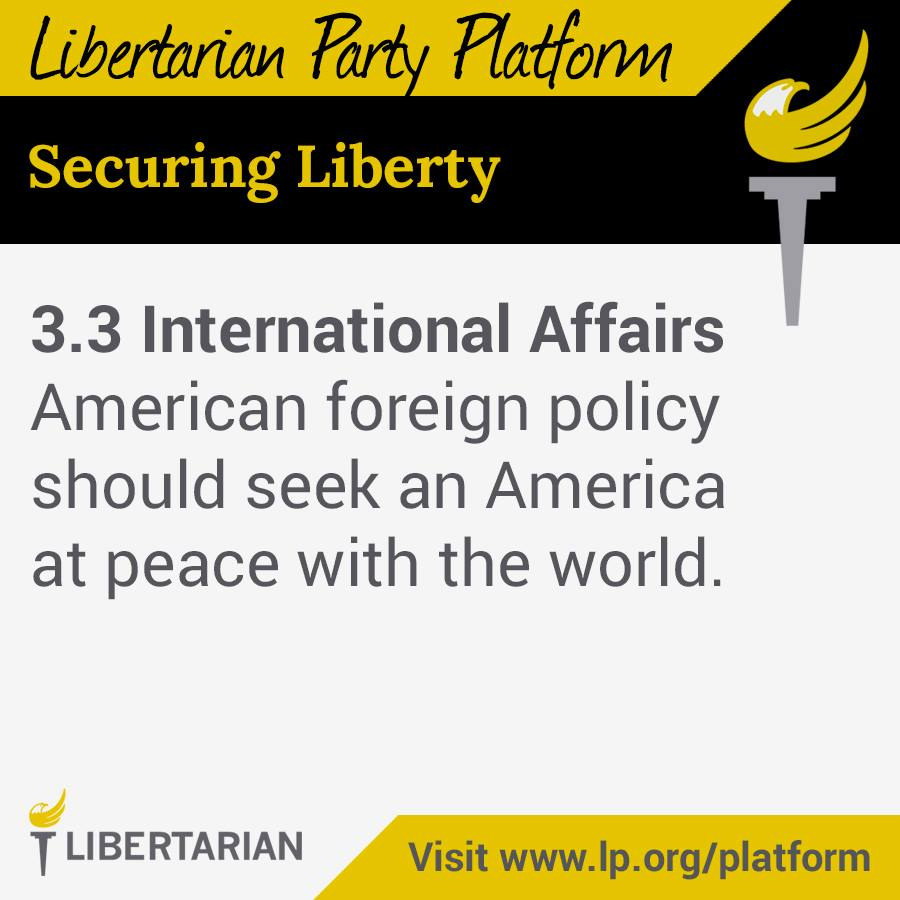North Korea and South Korea have technically been at war since 1950. The recent historic meeting of North Korean dictator Kim Jong-un and South Korean President Moon Jae-in in the demilitarized zone provides ample evidence that both North Korea and South Korea want peace. The scheduled summit between Kim and President Donald Trump in Singapore could have facilitated progress toward peace. Unfortunately, their meeting was undermined by National Security Advisor John Bolton.
Both Bolton and Vice President Mike Pence publicly advocated the “Libya model” for summit negotiations, which ended in death for that country’s dictator — not an attractive precedent, from Kim’s perspective. In 2003, in exchange for a hoped for lifting of sanctions, Libya’s Muammar Gaddafi agreed to end its nuclear weapons development program. In 2011, shortly after it became known that Gaddafi was planning to establish a gold-backed Libyan currency and sell Libya’s oil for gold rather than dollars, he was tortured and killed by Libyan rebels with the help of NATO airpower.
After this strategy poisoned the well of negotiations with Kim, the North Koreans were a no-show for a meeting to plan the peace summit. North Korean Vice Minister Choe Son-hui called Pence a “political dummy” for comparing North Korea to Libya, adding, “Whether the US will meet us at a meeting room or encounter us at nuclear-to-nuclear showdown is entirely dependent upon the decision and behavior of the United States.” When Trump wrote to Kim to cancel the summit, he said, “You talk about your nuclear capabilities, but ours are so massive and powerful that I pray to God they will never have to be used.”
The Libertarian Party maintains that American foreign policy should seek peace and free trade with the rest of the world, rather than hawkish brinksmanship.
“It’s unclear whether a summit between Trump and Kim would have been fruitful,” said Libertarian National Committee Chair Nicholas Sarwark. “Diplomacy, though, is certainly better than war. Better yet is free trade and interaction between individuals regardless of national borders. Sanctions, which prevent those kinds of voluntary relationships between people, don’t work. Sanctions against Cuba did not lead to the end of Fidel Castro’s control of Cuba. A partial relaxation of sanctions has led to Cuba liberalizing its economy to the benefit of both Cubans and Americans. Similar good results could be happening in Iran if the United States hadn’t unilaterally withdrawn from the Iran nuclear deal.”
In 1994, John Bolton declared, “there is no United Nations. There is an international community that occasionally can be led by the only real power left in the world, and that’s the United States, when it suits our interest and when we can get others to go along.”
This notion that the United States should wield political power like an international hegemon is dangerous and destructive for both the American people and the rest of the world.
“Whatever one thinks of the United Nations, the hubris demonstrated by that statement demonstrates what is wrong with American foreign policy,” Sarwark said. “If we want to make America great again, we need to renounce this kind of imperial ideology and champion the ideal that our people and our businesses are willing to trade peacefully across borders. All sides win with trade, but all sides lose in war.”
The Libertarian Party aims to facilitate a more peaceful, trade-friendly foreign policy, as well as to enhance individual liberties for all, by running a record number of candidates for local, state, and federal office this year.


